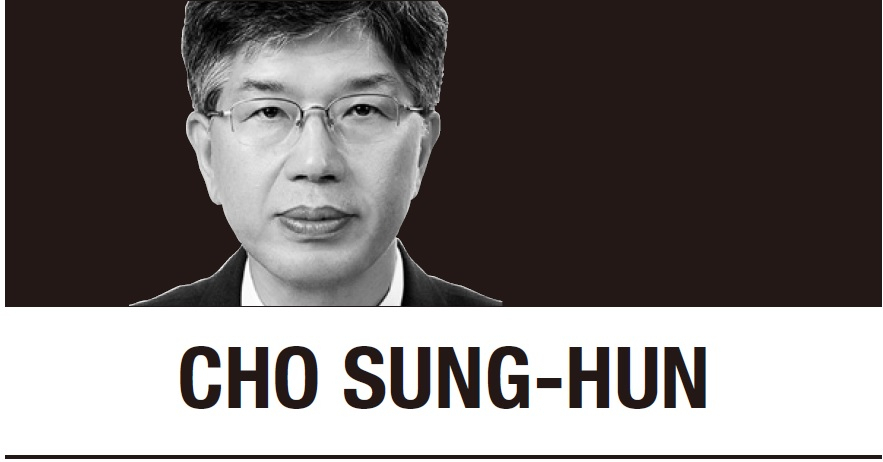
On Feb. 7, the Seoul Central District Court said, "In February 1968, in the village of Phong Nhi, Quang Nam province, Vietnam, she lost her family and was seriously injured in the civilian massacre by the Korean Army." It ruled that the Korean government is responsible for compensation for Nguyen Thi Thanh, a survivor of the killings.
The ruling marks the first time that the South Korean judiciary has recognized government responsibility for such an atrocity, and is a new milestone toward a solution for this long-standing problem. The ruling highlights the need for new efforts to address the issue of victims of the Vietnam War, which has so far failed to gain the attention needed to launch an official government investigation.
The issue of civilian massacres by the Korean Army in the Vietnam War was first raised by a Korean student at Ho Chi Minh University and has since been introduced in the domestic media in 2000. More than 20 years have passed since then, and 55 years have passed since the February 1968 Phong Nhi incident.
On Feb. 10, shortly after the court ruling, the Korean Disabled Veterans Association by Agent-Orange of Vietnam War formed an emergency committee together with the Vietnam Distinguished Service Members and Korea Disabled Veterans Association (Vietnam War veterans) and announced their plan to immediately appeal to the Ministry of National Defense and the Ministry of Justice. The Minister of National Defense has denied the occurrence of massacres by South Korean soldiers, stating it has confirmed no such incidents.
Even in regular warfare, when fellow soldiers are killed by a surprise enemy attack, retaliatory measures are taken. The situation in the Vietnam War was more difficult due to the situation of guerrilla warfare, making it difficult to distinguish between friend and foe. The former commander of the Korean Army in Vietnam, Chae Myung-sin, emphasized that Korean soldiers were told to “avoid killing a single civilian even if losing the chance to kill 100 Viet Cong.” But there was a possibility that, at the company and platoon level, massacres might have occurred in accidental situations, such as when the Viet Cong intentionally provoked an attack.
Such incidents, however, do not damage the honor of all Vietnam War veterans. Instead, confirming wrongdoing and taking appropriate measures will restore the honor of victims and their families, while promoting human rights and harmony between the two countries.
Although the Minister of National Defense claims to have “confirmed” that no massacre took place, these issues were not recorded in reports, including combat reports, during the Vietnam War. There are a very limited number of local documents related to the issue. While documents from the National Intelligence Service (formerly the Korean Central Intelligence Agency) may supplement these records, they have not been made public. Furthermore, conducting a proper investigation is a challenging task, as internal documents of Vietnam at the time of the incident cannot be confirmed.
When former President Kim Dae-jung visited Vietnam in 2001, he said, “I feel sorry that we participated in an unfortunate war and unintentionally caused the Vietnamese people pain.” Although there was no direct mention of a massacre, his statement has been viewed as an apology. Yet no proper investigation has been conducted since then.
In contrast, the joint investigation on the No Gun Ri Massacre, in which refugees were killed by the US Army in late July 1950 in the Korean War, was conducted by the South Korean and US governments 50 years after the incident. The investigation concluded it was a human rights violation by US soldiers.
It is imperative that an official investigation by the Vietnamese and South Korean governments be conducted. The National Assembly should not only take the opinion of the Ministry of National Defense, but should find ways to conduct a joint investigation.
Cho Sung-hun
Cho Sung-hun is director of the Korean Contemporary History Institute. The opinions expressed here are solely the author’s and do not necessarily reflect the editorial views of of The Korea Herald. -- Ed.







![[Today’s K-pop] Blackpink’s Jennie, Lisa invited to Coachella as solo acts](http://res.heraldm.com/phpwas/restmb_idxmake.php?idx=644&simg=/content/image/2024/11/21/20241121050099_0.jpg)